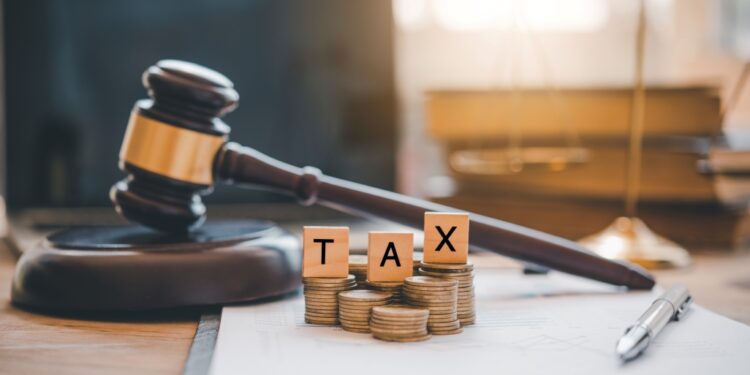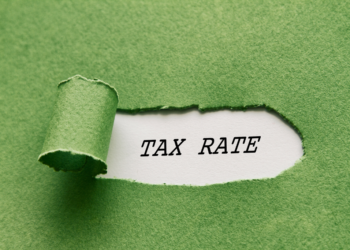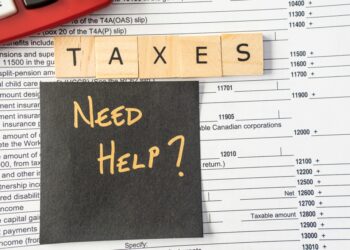Answer Summary:
In accordance with Article 25 of UU KUP, taxpayers cannot file an objection to the STP received because it is not included in an assessment letter that can be objected to. The alternative solution is that the taxpayer can submit a request for STP cancellation, if the taxpayer considers that the STP issuance is “incorrect” in accordance with Article 36 paragraph (1) of UU KUP. Furthermore, if the Director General of Taxes rejects the STP cancellation request, taxpayers can file a lawsuit to the Tax Court in accordance with Article 23 of the KUP Law.
Complete Discussion:
Thank you, Mr. Nur, for your question. Based on the question given, several points in the STP are approved and ask about whether or not you can file an objection or appeal against the issuance of the STP. Provisions regarding STP, objections, and appeals are regulated in the KUP Law. Therefore, we will answer your question in accordance with the provisions in the KUP Law.
Based on Article 25, paragraph (1) of KUP Law, the taxpayer does not file an objection to the STP received because it is not included in an assessment letter that can be objected to. The explanation of the provisions regarding the submission of objections is regulated as follows:
(1) Taxpayers may file an objection only to the Director General of Taxes on an: ***)
1. Surat Ketetapan Pajak Kurang Bayar;
2. Additional underpaid tax assessment letter;
3. Nil tax assessment letter;
4. Tax Assessment Letter of Overpayment or
5. tax withholding or collection by a third party based on the provisions of tax laws and regulations.
– Article 25, paragraph (1) of UU KUP
In accordance with the explanation of Article 25 paragraph (1) of UU KUP, taxpayers may file an objection if they assess the amount of loss, the amount of tax, and tax withholding or collection is not appropriate.
Furthermore, the taxpayer’s objection is to the material or content of a tax assessment. Meanwhile, STP is a letter issued by the Director General of Taxes to collect tax debts that are underpaid or not paid by taxpayers. An appeal can only be submitted based on an Objection Decree.
These provisions are regulated in Article 27, paragraph (1) as follows:
(1) Taxpayers can submit an appeal only to the tax judiciary regarding the Objection Decree as intended in Article 26 paragraph (1).
– Article 27 paragraph (1) of the KUP Law.
Therefore, Taxpayers cannot submit objections and/or appeals to the STP due to differences in the substance regulated in the STP and the Assessment Letter. However, as an alternative solution, taxpayers can apply for cancellation of the STP that the Director General of Taxes has received.
Note that the Taxpayer feels that the STP issued is “not correct” and can provide evidence that there was inaccuracy by the tax officer in issuing the STP. Provisions regarding cancellation of STP are regulated in Article 36 paragraph (1) of the KUP Law, as follows:
(1) The Director General of Taxes, by virtue of his position or at the request of the Taxpayer, may: ***)
1. reduce or eliminate administrative sanctions in the form of interest, fines and increases owed in accordance with the provisions of tax laws and regulations in the event that the sanctions are imposed due to the Taxpayer’s negligence or not due to his/her fault;
2. reduce or cancel incorrect tax assessments
3. reduce or cancel the incorrect Tax Collection Letter as intended in Article 14; or
4. cancel the results of a tax audit or a tax assessment letter based on the results of an audit carried out without: 1. submitting a letter of notification of the audit results or 2. final discussion of audit results with the Taxpayer.
– Article 36 paragraph (1) of the KUP Law
In accordance with the explanation of Article 36 paragraph (1) of the KUP Law, the Director General of Taxes, in his capacity or at the request of the Taxpayer, can cancel the STP that has been issued if there is inaccuracy by the tax officer. Taxpayers can submit a request for STP cancellation to the Director General of Taxes.
Provisions regarding the application are regulated in Article 3 paragraph (1) PMK-8/2013.
(1) The Taxpayer’s application as intended in Article 2, is made by submitting a letter of application to the Tax Service Office where the Taxpayer is registered and/or where the Taxable Entrepreneur is confirmed, which can be done:
1. directly;
2. by post with proof of delivery of the letter or
3. in another way.
– Article 3 paragraph (1) PMK-8/2013
Taxpayers need to pay attention to the requirements that need to be met to submit a request for STP cancellation, which are further regulated in Article 18 paragraph (5) PMK-8/2013, as follows:
(5) Application for reduction or cancellation of the Tax Collection Letter as intended in paragraph (1), must fulfill the following requirements:
1. 1 (one) application for 1 (one) Tax Collection Letter;
2. the application must be submitted in writing in Indonesian;
3. state the amount of the tax bill and/or administrative sanctions in the Tax Collection Letter according to the Taxpayer, accompanied by reasons;
4. the application must be submitted to the Tax Service Office where the Taxpayer is registered, And
5. The application letter is signed by the Taxpayer. If a non-taxpayer signs the application letter, it must be accompanied by a special power of attorney, as intended in Article 32 paragraph (3) of the KUP Law.
– Article 18 paragraph (5) PMK-8/2013
The Director General of Taxes will provide an answer to the cancellation request by 6 (six) months from the date the cancellation request is received. Furthermore, suppose the Director General of Taxes does not grant the request for canceling the STP. In that case, the Director General of Taxes is obliged to provide written information regarding the matters that are the basis for rejecting the request for canceling the STP.
The final alternative that taxpayers can take is to file a lawsuit regarding the rejected STP cancellation request to the Tax Court. In accordance with Article 23 of the KUP Law, Taxpayers can file a lawsuit against decisions relating to the implementation of tax decisions, in addition to requests for objections and appeals.
Thus, Mr. Nur cannot submit objections and/or appeals to the issuance of the STP even though several points are not approved in it. As an alternative solution, Mr. Nur can apply to cancel the STP if the value is incorrect.
Furthermore, if the STP cancellation application is not accepted, then Mr Nur can file a lawsuit in accordance with Article 23 of the KUP Law. Hopefully, our answer can help.














